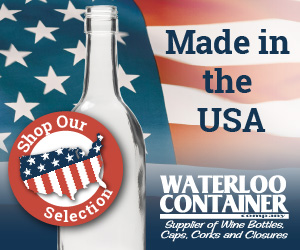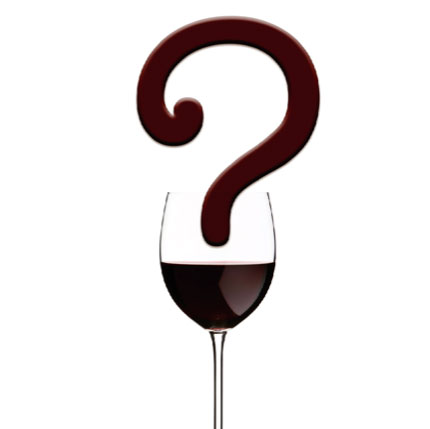Light Strike in Wine?
Q: I’ve been a home/hobby winemaker for some years but last year I took a big leap with three new demijohns. The increase in volume caused me to move my aging wines to a part of the cellar where there is a small south-facing window. While the carboys and demijohns are in a drop-cloth tent, and there is a piece of paper covering the window, indirect sunlight still comes through. Question, can this indirect light affect the aging of the wine? In particular, any impact on the color profile? Instead of a deep red/purple color, it is bright but a lighter ruby shade. Any thoughts or concerns?
— Michael Beudry • Newtown, Connecticut
A: I would definitely try to store your wine in the dark if you can. Your wines are in what I’m assuming are clear glass demijohns and over the year or more aging you might want for the wine, it could be enough to be detrimental to your wine’s quality.
Interestingly, it’s not damage to your wine’s color that I would worry about the most; it’s damage to the wine’s aromas and flavors. Clear glass blocks so little UV light that it essentially offers no protection at all. Though indeed high UV light exposure could contribute to premature oxidation of pigments, light can interact with amino acids and other sulfur-containing compounds naturally occurring in wine, resulting in dimethyl disulfide (DMDS) or other aromatic sulfides. These compounds are super stinky; think overcooked cabbage, wet cardboard, or rotten onions. Not aromas you’d really want to have in something you’ve invested so much of your time and effort.
This defect is sometimes called “light strike” and is the reason that dark green or dark brown bottles are so traditional as wine bottle colors. Ever heard of “skunky” beer? Beer and cider can also be victims of light strike when UV light cleaves off sulfur-containing molecules, rearranging them into stinky new compounds. For this reason, white wines (and rosés) that are meant to be consumed quickly without aging are typically the only wines bottled in clear (sometimes called “flint”) glass bottles. It’s also why wines are aged best in barrels, metal kegs, or stainless tanks. Glass carboys can be fine for temporary wine storage, but it’s always best to keep them in a room where you can turn off the lights when you’re not working with the wine.


